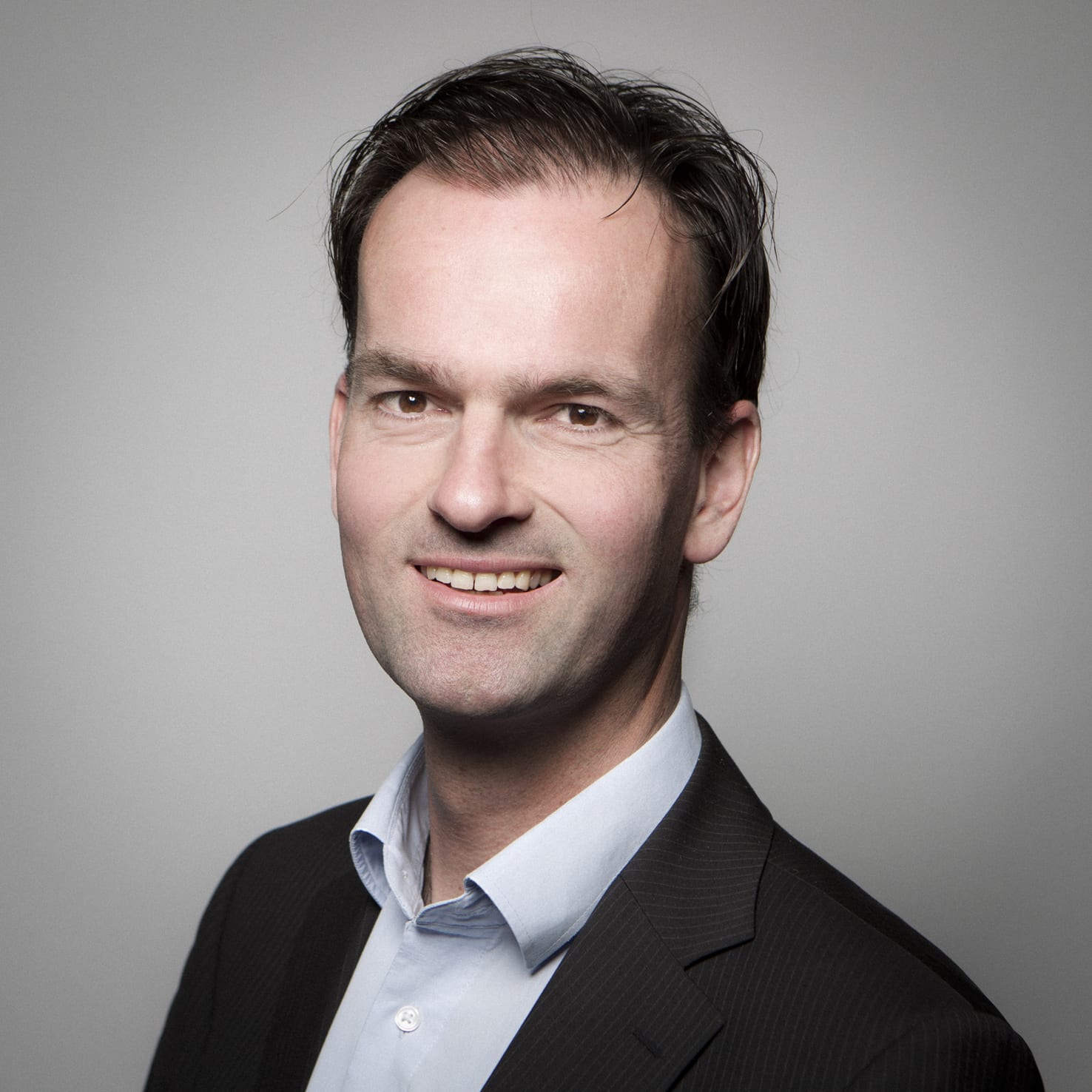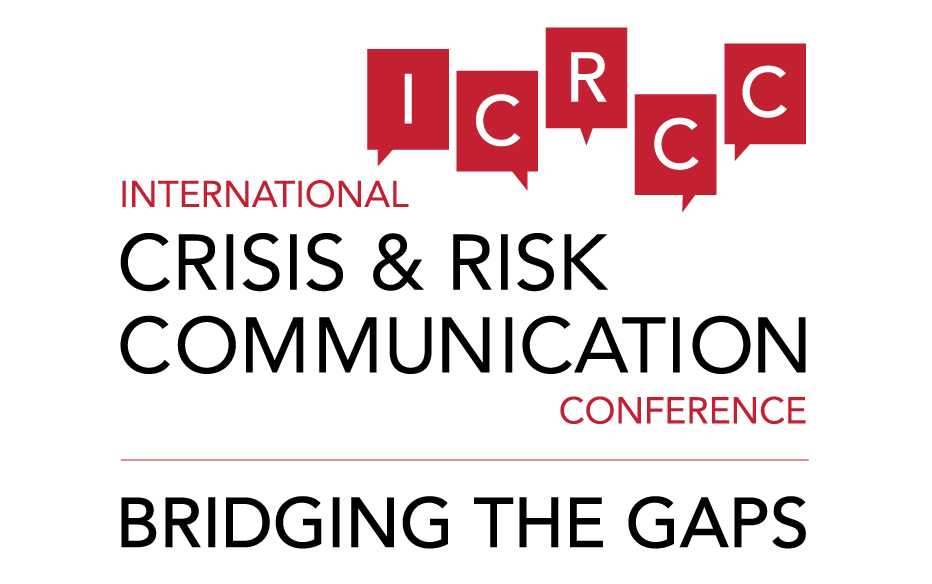
Crisis Consultant
Dutch Association of Mayors
The Netherlands
Wouter Jong (1972) is a full time crisis consultant for the Dutch Association of Mayors. He advises mayors during and in the aftermath of crises in The Netherlands. From small incidents up to larger crises, such as a ProjectX-birthday party invitation which went viral on Facebook and ended in riots.
His daily work focuses on crisis communications strategies, taking into account the legislative powers of mayors and the public perceptions and impact of incidents, crises and disasters.
He began his career in 1997 as a public affairs associate for international PR-agency Burson-Marsteller. Ever since, his professional life had a focus on issues, crisis and disaster management and crisis communications. He studied Economics at the University of Groningen and studied Law at the Open University in Heerlen.
Besides his work for the Dutch Association of Mayors, he is a Ph.D. candidate at Tilburg University. In his PhD, he analyzes the leadership tasks and communicative efforts of mayors and governors during drastic collective events. Among others, he studied 52 Dutch mayors after the MH17-tragedy and 94 case studies of meaning making by public leaders in times of crisis.
Wouter was awarded with the Top Student Award of the International Crisis & Risk Communication Conference at the University of Central Florida for his paper “Self-correcting mechanisms and Echo-effects in Social Media: An analysis of the ‘Gunman in the Newswroom’ Crisis”, in 2016.
Wouter lives in The Hague (The Netherlands), is married and has two children.
2017
ICRCC 2017 Presentation by Wouter Jong – Public Leaders and Meaning Making
2016
Self-correcting mechanisms and echo-effects in social media: An analysis of the “gunman in the newsroom” crisis
Co: Author: Michel L. A. Dückers
Impact – National Knowledge and Advice Centre for Psychosocial Care Concerning Critical Incidents, Partner in Arq Psychotrauma Expert Group
In this presentation, we explore the 58,931 tweets which were sent during a crisis situation in the Netherlands on January 29, 2015. After having made a bomb threat, an armed man managed to gain access to the national news broadcasting station around 8 pm, where he demanded airplay to share “an important message” with Dutch citizens. Three weeks after the terrorist attack on Charlie Hebdo in Paris, millions of viewers were anxious that a similar attack was taking place in the television studio.
The focus of this presentation is on two effects we found in the tweets which were sent over a period of six hours. First of all, an “echo-effect”: the dissemination of older tweets continued, even after the posting of new facts by the same source. Moreover, we present insight into a so-called “self-correcting mechanism” of social media communities. Two of the social media rumors we found were verified by the community itself without government involvement. Future implications and recommended practices for social media use in crisis communications will be discussed.
Learning objectives
– Crisis-related social media traffic reveals a self-correcting mechanism.
– Rumors were debunked by the Twitter community itself as the community started to fact-check the rumor.
– Social media rumors were verified without government involvement.
– Social media rumors were based on misinterpreted humor.
– Older tweets were disseminated regardless of new facts by the same source.


